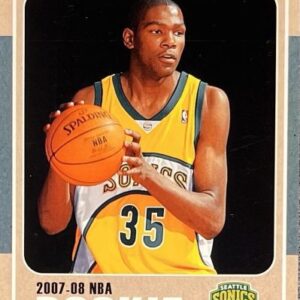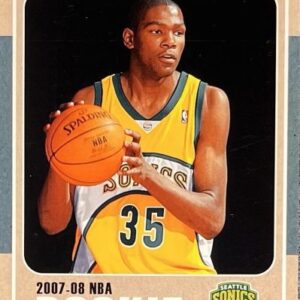Christopher Pazan, once a formidable presence on the football field and now embroiled in a surprisingly ordinary yet sensational scandal, stands accused of shoplifting baseball cards totaling approximately $300. The former University of Illinois quarterback, who later donned the blue uniform of the Chicago Police Department, found himself on the wrong side of the law in an incident at Meijer in Evergreen Park.
On a seemingly ordinary Wednesday afternoon, Pazan caught the eye of a vigilant security guard. Cameras captured the former athlete-turned-officer as he allegedly engaged in the peculiar heist at the suburban store. The footage showed him covertly placing the sports memorabilia into a yard waste bag, only to then brazenly stride past the cash register, having dutifully paid for the bag but not its illicit contents.
The saga has sparked an administrative whirlwind within the Chicago Police Department. With Pazan currently stripped of his police powers, this case serves as a stark reminder of the precarious perch on which public trust rests. He had been serving in the Morgan Park District, deeply involved in tackling cases such as arson and vehicle theft—scenarios ironically lending a certain dramatic irony to his current predicament.
While attempts to obtain comments from Pazan or his attorney have been met with silence, the narrative of his life unfurls like a gripping novel—replete with financial woes, personal upheavals, and the dichotomy of triumph and turmoil.
Once a quarterback of note at Brother Rice High School in Mount Greenwood, his prowess on the field earned him All-American distinction. His gridiron gifts carried him to the University of Illinois, where he started several games. Despite his on-field talent, however, the siren call of a different form of service summoned him towards a law enforcement career—a choice he expounded on in a 2015 chat with the Chicago Tribune. In the interview, Pazan articulated a desire to “do something more” and to serve the community in a manner beyond the football field. His determination saw him join the Chicago Enforcers, a team consisting of fellow law enforcement officers competing in a police football league.
But beneath the surface of this commendable journey lurked financial struggles that seemed to shadow Pazan at every turn. City records disclose a comfortable salary of $111,804, not counting potential overtime—yet this sum appears mere veneer over deeper fiscal fissures. Divorce proceedings, legal battles, and a growing pile of unpaid fees underscoring a life marked by economic instability.
Tania K. Harvey, his former lawyer, sought compensation for over $5,800 in unpaid legal fees, a request that sparked further inquiries into Pazan’s financial tribulations. Refinancing his Beverly home to weather the storm, his narrative teeters between tragic and compelling, a quintessential example of the oft-repeated tale of fallen grace.
Historical accounts show financial institutions hot on the trail of his credit history, with Fifth Third Bank’s 2022 attempts to claim overdue loan amounts dissolving when they failed to track him down. JPMorgan Chase’s legal action for more than $15,000—which resulted in settlement and eventual repayment—is evidence of a fiscally fraught existence. Such financial entanglements raise questions about the impact of economic strain on decision-making, especially within high-stress careers such as law enforcement.
Interestingly, city hiring guidelines caution against applicants with significant debt from entering the police academy. The intent is to safeguard recruits from succumbing to corruption or financial pressures—a preventive measure Pazan seems to have slipped past, only to now fall under its specter.
Currently charged with a misdemeanor count of retail theft, Christopher Pazan is set to face his day in court come June 23 in Bridgeview. The outcome of this legal proceeding will decide not only his professional future but will also cast light on broader dialogues surrounding financial strain, public service, and personal accountability.





